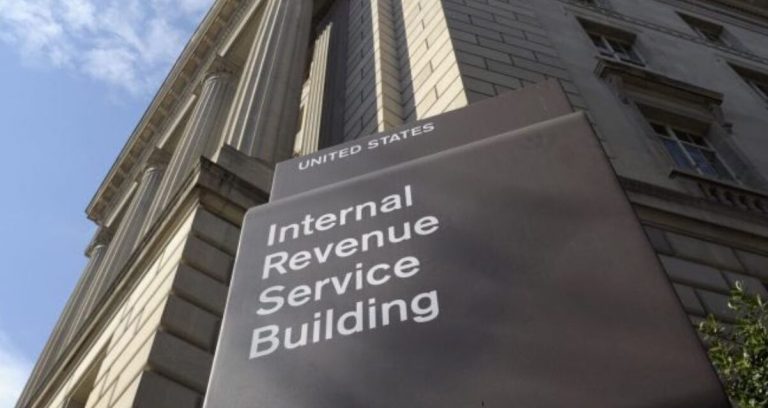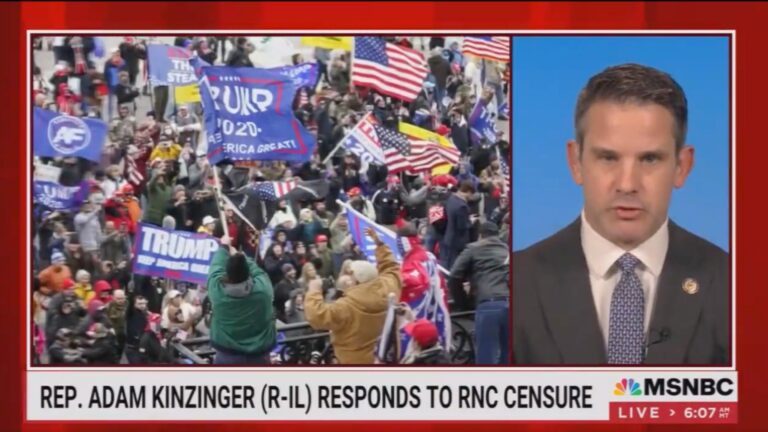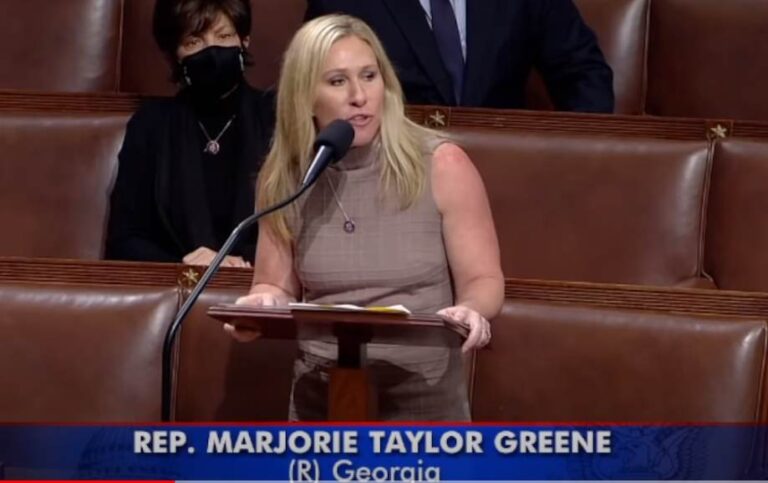Elite Universities Are The Worst For Free Speech
By Jordan Adams for RealClearPublicAffairs
Inside the 2021 College Free Speech Rankings
One of the great values of an American collegiate experience is that students have the chance to engage deeply with differing opinions. To this day, I am grateful for the cornucopia of people, traditions, views, and cultures that I was able to engage with two decades ago when I, then a fairly conservative Jewish teenager, left the East Coast to go West and to college at Stanford University.
I would be lying if I said that there were no evenings when I felt hurt, misunderstood, shocked, and angry when my ideas were challenged and came into conflict with others. But there were far more nights where I was able to connect, learn, and grow in ways unimaginable to me in high school. I certainly remember the frustrations and agony of being challenged, but I remember more powerfully the ecstasy of having my mind opened up to new ideas and changing my opinions when I heard someone or something new.
My old dorm even hosted a speaker’s series where huge turnouts were common for guests on both the left and the right and no one shouted down anyone; we even hosted the frequently-protested Dinesh D’Souza without incident.
While I, along with significant numbers of other students, did not like nor agree with the ideas shared by many of the speakers we heard, their perspectives were always worth hearing and then debating late into the night. Sadly, my undergraduate experience of being able to hear, respond to, and then reject or accept a plethora of views is under threat.
Today, cancel culture runs rampant on our college campuses, and viewpoint diversity is no longer considered a sacred, core value in higher education.
RELATED: Indoctrination Begins Before Classes Even Start
Thanks to the largest data set ever compiled on student’s views toward free speech, we now know that students who attend the nation’s elite schools – those that purportedly thrive in the world of research, innovation and discovery – are actually more likely to try to cancel speech than their peers who attend lower-ranked educational institutions.
Support Conservative Voices!
Sign up to receive the latest political news, insight, and commentary delivered directly to your inbox.
New data from the Foundation for Individual Rights in Education (FIRE), RealClearEducation, and research firm College Pulse provide empirical insight into this issue. The just-released survey captures the voices of over 37,000 students at 159 colleges, and finds free speech on campuses in a dire state, painting a picture of college life in which shouting down speakers, limiting others from hearing diverse viewpoints, and even the use of violence to prevent speech are viewed as acceptable by many students.
Nationally, two-thirds of students believe there are cases where shouting down a speaker can be justified. This number is even higher at the nation’s elite schools.
Looking at the top 20 colleges and universities ranked according to US News, which includes schools like Yale and Middlebury, close to three-quarters (72%) of students at such schools say there are cases in which trying to disrupt a speaker is justifiable. At schools ranked below 100, such as Texas Tech and the University of Central Florida, the number drops to 62%.
When asked about the acceptability of blocking one’s peers from attending a campus presentation, 40% of students nationally state that there are cases where stopping their classmates from hearing someone else’s views can be justified. In comparison, 50% of students at the top 20 schools think such behavior is justifiable.
The numbers drop from there: 41% of those between schools ranked 41-75, such as Penn State and Syracuse University, believe blocking peers from hearing a speaker is acceptable. Just over a third (35%) of students enrolled in schools ranked below 100 – schools which include New Mexico State, and Georgia State – feel there are cases where blocking their peers is acceptable.
Finally, almost a quarter (23%) of students nationwide believe violent acts could be justifiable to prevent speech. This alarmingly high figure is even higher at the nation’s elite colleges. Thirty percent of students at the top 20 colleges and universities think there are cases where violence is acceptable.
The number drops notably for schools ranked below 100, schools which include the University of Illinois at Chicago and the University of Central Florida – where only 20% accept violence as a means to stop speech.
RELATED: Conservative College Hillsdale Releases 1776 Curriculum To Fight Back Against Critical Race Theory
The data are clear: the more elite the school, the more likely that its students are willing to silence speech. For elite, academically minded schools, this is not only a complete repudiation of their very mission and reason for existence, but is also deeply saddening to watch as a professor.
The impulse to cancel in the name of woke, identity-laden, progressive values, is preventing students from growing and learning how to connect with others in a world of real and valid differences.
By coddling students and allowing woke administrators to set the agenda, elite schools are depriving students of a genuine educational experience – one that should be both joyous and, at times, uncomfortable; one filled with ample speech, debate, and discourse.
Samuel J. Abrams is a professor of politics at Sarah Lawrence College and a nonresident senior fellow at the American Enterprise Institute.
Syndicated with permission from RealClearWire.
The opinions expressed by contributors and/or content partners are their own and do not necessarily reflect the views of The Political Insider.






